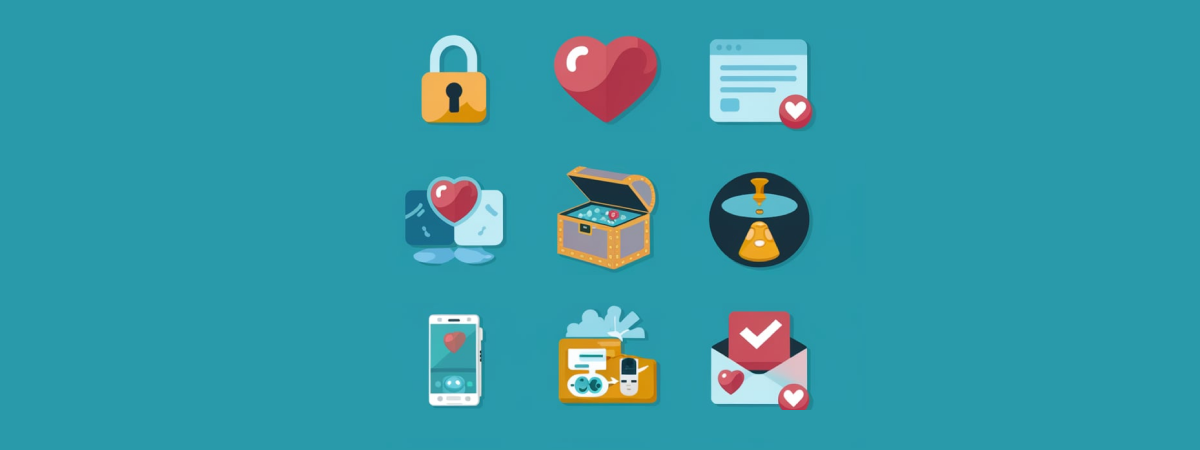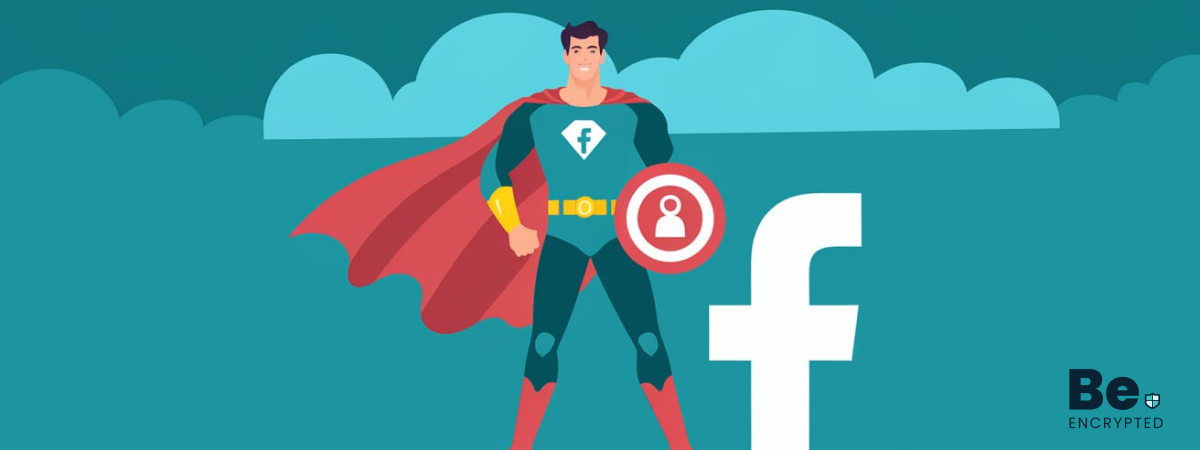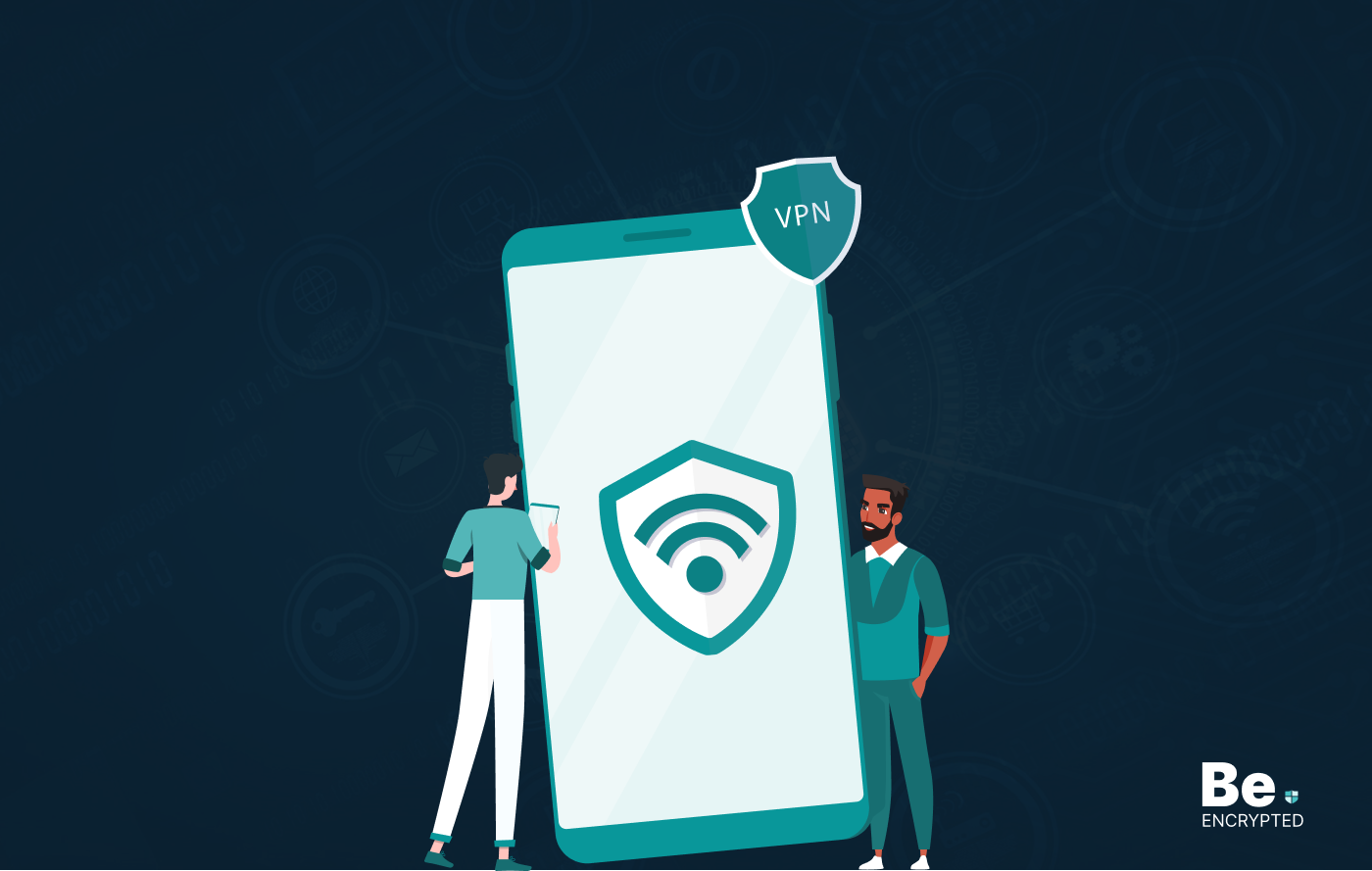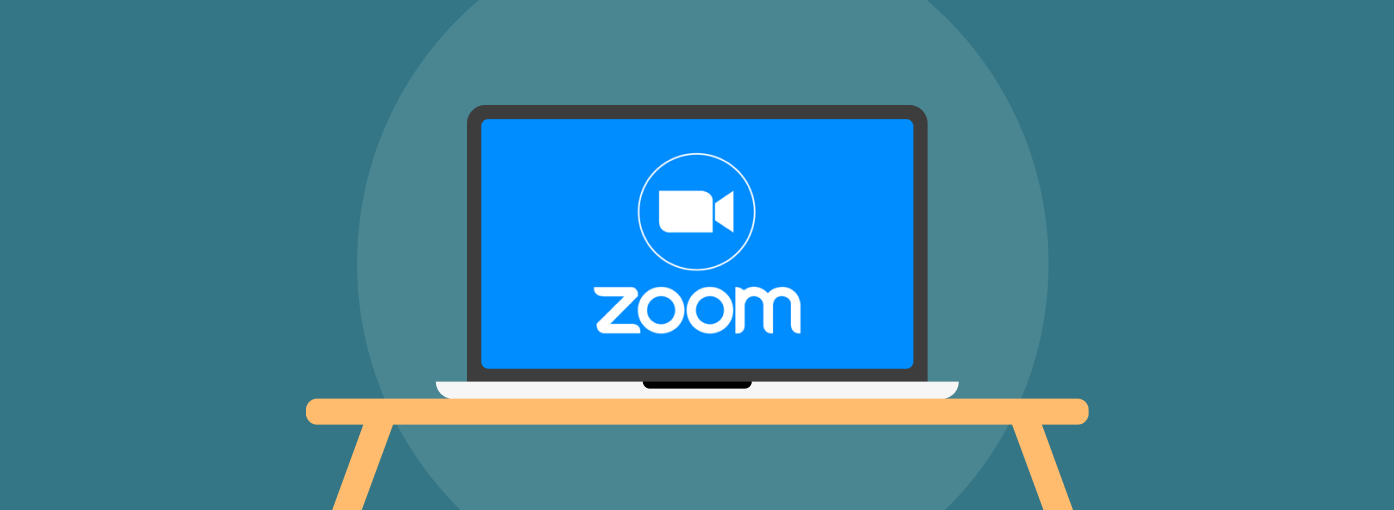Social media platform, including Facebook, Instagram, X, and more collect your data and sell it to third parties for advertisement purposes. However, you can protect your privacy on social media platforms by following these tips:
Using social media comes at the cost of our privacy, and that is because of the companies behind these platforms. In most cases, have to collect data to generate revenue. They either use data to serve ads on behalf of businesses or sell it to others for things like public relations and machine learning.
When you share photos with family, Facebook collects your biometrics from them. However, there is little you put on social media that is not helpful information to the tech companies and their clients. Therefore, learning how to protect your privacy on social media is essential.
Tips to protect your privacy on social media
The following are five things based on our research that you can do to make it a little harder for others to collect your data through social networking applications and sites:
1. Use VPN encryption
A virtual private network (VPN) is a service that gives you control over how your devices interact with the Internet. With it, you can easily mask your location and make it a little harder for others to monitor your activity, collect your data, and access credentials to your digital wallets.
The service encrypts your communication and directs it through a secure channel to a server that assigns a new IP address before sending it to the web. With VPN encryption and a new identity server, it is difficult for someone to follow your communication back to where it originated.
VPN solutions exist for desktops and mobile devices. Often, a single plan serves all devices.
2. Use the website instead of the app
Mobile social media applications are created for convenience while on the go. However, they are also often designed with a higher capability for collecting data. According to Statista, up to 98% of Facebook users access the platform through their smartphones.
A mobile app often collects data on your activity on other installed applications. It can also map your movements throughout the day using your phone’s GPS feature and mobile network triangulation.
In recent years, the experience you get on the mobile application and the one on the browser has become less different for most social media platforms. That means there is less reason to install the app.
Using the web version can reduce the amount of data the social networking site collects. Accessing the site from a stationary device, such as a desktop, can make it even better.
3. Turn off location when not needed
There are many instances when you need the GPS location tracker on your phone. However, there are many other times when you don’t need it, and the only purpose it serves during these periods is to help apps collect data and relay it to others. For example, you can turn it on when you use a taxi-hailing app like Uber or need help navigating.
4. Accept friendship from people you know in real life
Social networking sites have made connecting with people from anywhere worldwide easier. We often don’t know who the people on our networks are or what they do. That means it is easier for criminals to get their way into your networks and do surveillance on you. A total stranger can have a very good idea about your daily routines.
Unless it is for your business, limit the people you connect with to those you know in real life or those you have something important to share. At the very least, try to see the reason for every connection you have on social media.
5. Know about and make use of the privacy settings
If you have to accept strangers into your network, make it a habit to investigate the private features that the social networking site or application you are using has made available. Often, you can regulate how much of your data is accessible to others by using the settings.
For example, Facebook has a list feature that allows you to categorize your friends, and when you post, you can decide which list should see the content and which shouldn’t. A family list can see the pictures of your evening out, and the rest of your friends have no access.
Share this article
About the Author
Rebecca James is an IT consultant with forward thinking approach toward developing IT infrastructures of SMEs. She writes to engage with individuals and raise awareness of digital security, privacy, and better IT infrastructure.
More from Rebecca JamesRelated Posts

9 Popular Instagram Scams to Know and Avoid in 2024
KEY TAKEAWAYS Instagram scams have become a norm, and there’s a drastic increase in the number of th...

Facebook Privacy Settings: You Shouldn’t Ignore
KEY TAKEAWAYS Facebook monitors its users’ activities and records their data to use such infor...

4 Best WhatsApp Alternatives in 2024 – Safe & Secure
KEY TAKEAWAYS After the recent update we saw a massive increase in privacy concerns, which required ...

How to Remove and Prevent Facebook Malware
Facebook is the world’s most-used social media platform, with over 3 billion monthly active us...

Android vs. iOS: Which is Secure to Use?
KEY TAKEAWAYS Android and iOS are the mostly used operating systems. Both OSs are good, but when it ...

Is Zoom Safe to Use in 2024?
Zoom was a name we were unaware of before the deadly COVID-19 pandemic hit the world and its civiliz...


